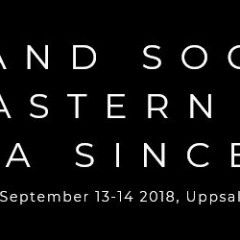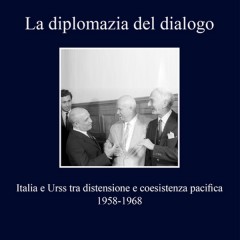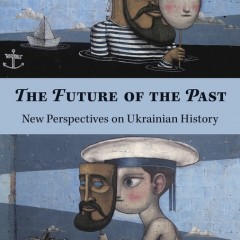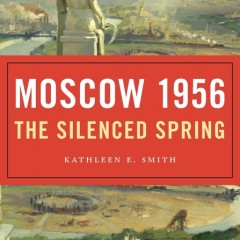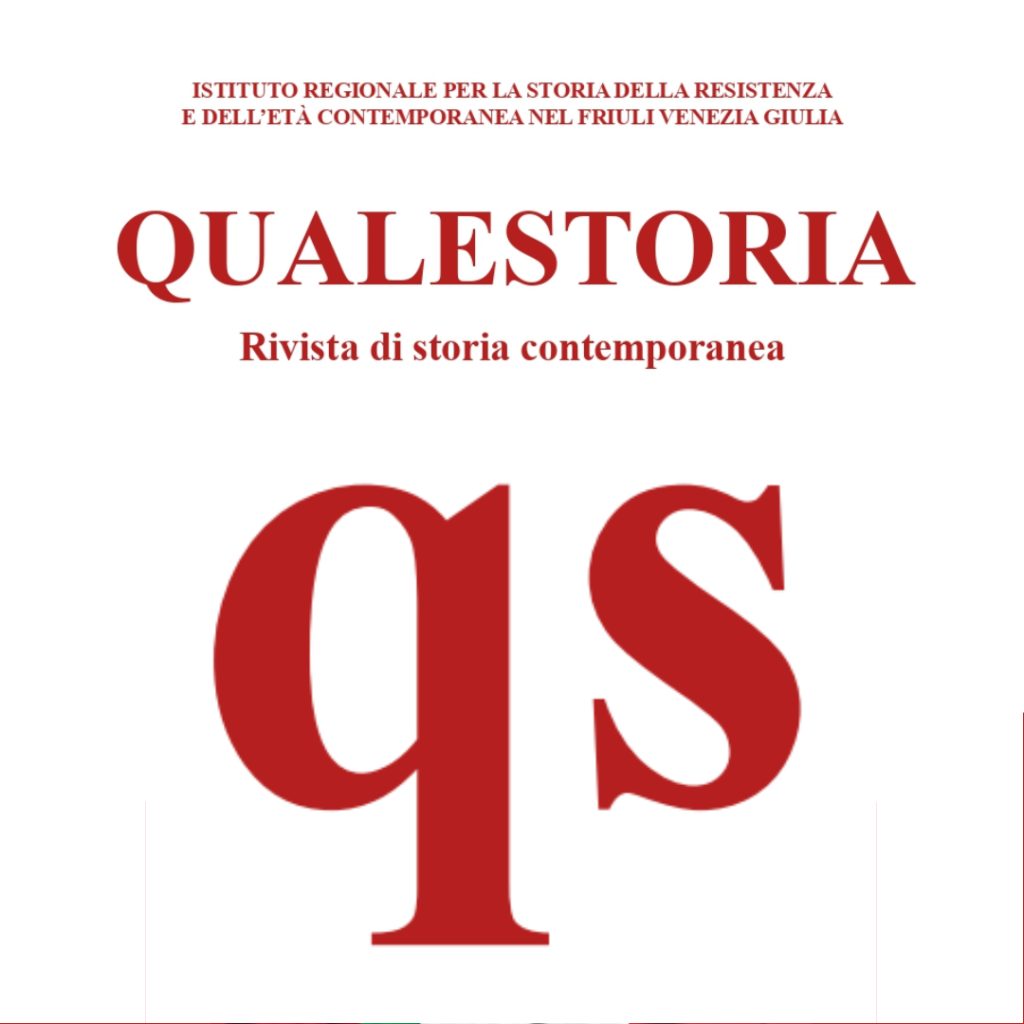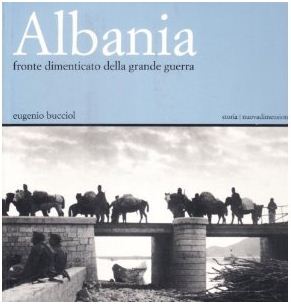CfP: Thirty Years Later: Ethnic Conflict in the Former USSR
Deadline 15 April 2018 This year marks the 30th anniversary of the outbreak of the conflict in Nagorno-Karabakh, the first in a series of inter-ethnic and secessionist wars to arise in the final years of the Soviet Union, among others in Abkhazia, South Ossetia, Transnistria, and Chechnya. Three decades onwards, most of these conflicts remain stubbornly unresolved: the Minsk Group has not been able to achieve a normalisation of...
CfP: Regimes and Societies in Conflict: Eastern Europe and Russia since 1956
The deadline for proposals is March 31, 2018. The Institute for Russian and Eurasian Studies, Uppsala University and the British Association for Slavonic and East European Studies invite proposals for panels and papers for a two-day conference to be held at Uppsala University in September 2018 with the theme ‘Regimes and Societies in Conflict: Eastern Europe and Russia since 1956’. Over the last 60 years Eastern Europe and Russia have...
La diplomazia del dialogo
Alessandro Salacon La diplomazia del dialogo Il dossier “Unione Sovietica” ha occupato la scrivania di tutti i ministri degli Esteri italiani dal dopoguerra no al crollo dell’Urss. Quali relazioni istituire con Mosca? Pur con tutti i distinguo, ogni governo della penisola dovette elaborare strategie per contrastarne le ingerenze, difendersi dalle sue minacce o collaborare con essa, nella cornice più ampia della competizione tra...
The Future of the Past
Serhii Plokhy Ukraine is in the midst of the worst international crisis in East-West relations since the Cold War, and history itself has become a battleground in Russia-Ukraine relations. Can history and historical narratives be blamed for what has happened in the region, or can they show the path to peace and reconciliation, helping to integrate the history of the region in the broader European context? The essays collected here...
Moscow 1956 The Silenced Spring
Kathleen E. Smith Joseph Stalin had been dead for three years when his successor, Nikita Khrushchev, stunned a closed gathering of Communist officials with a litany of his predecessor’s abuses. Meant to clear the way for reform from above, Khrushchev’s “Secret Speech” of February 25, 1956, shattered the myth of Stalin’s infallibility. In a bid to rejuvenate the Party, Khrushchev had his report read out loud to members across the...



